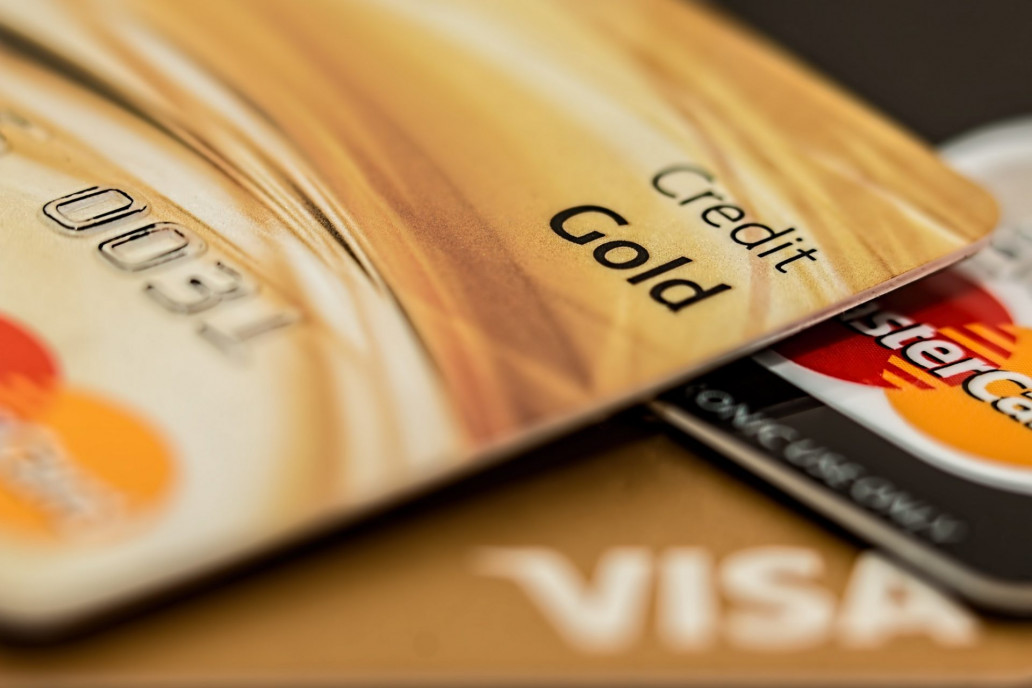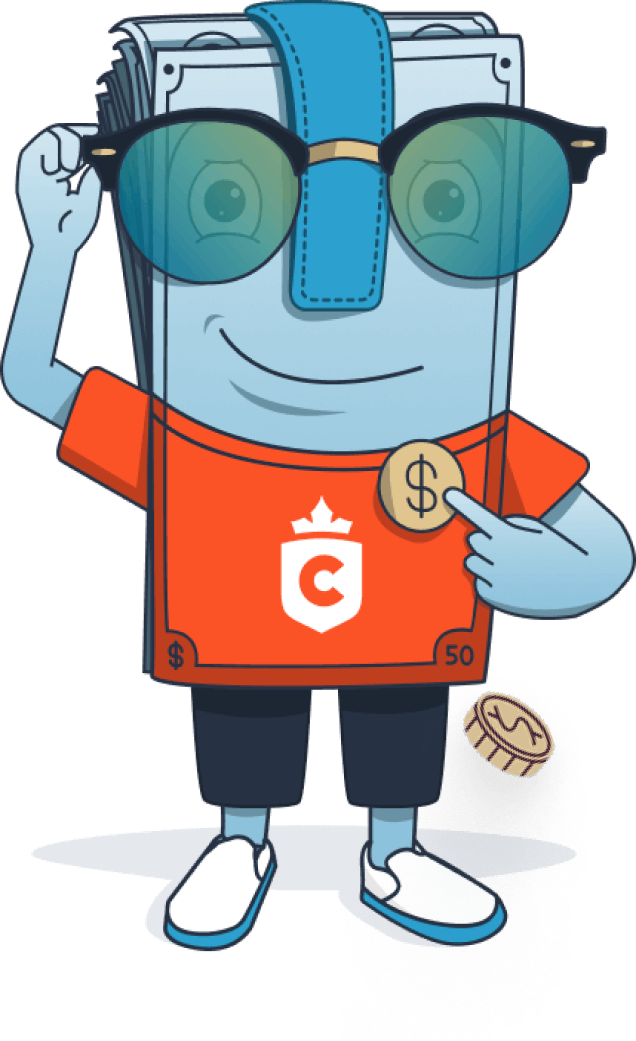

Did you know that a third of Canadians struggle with non-mortgage debt?
It can be exciting to think about the benefits of getting your first credit card. But you might not realize that there are also many risks involved.
By understanding the basics of how credit cards work, you’ll save yourself lots of time and money. More importantly, you’ll set yourself up for building good credit instead of putting yourself on a path towards accumulating debt.
If you want to find out what you need to know before getting your first credit card, read on and we’ll tell you what you need to know.
1. Your First Credit Card Probably Won’t Be the Best One
Since you probably haven’t yet had the chance to start building good credit, you’re not likely to qualify for the very best credit card, such as those that have zero percent interest rates.
Companies only give credit cards with the most benefits to those who have good or excellent credit. They usually require that you have a credit score of 690 or higher. You’ll also need to have a longer credit history and meet various income requirements.
Chances are that you’ll need to get a credit card that’s designed for those who have little or no credit history. Thankfully, there are many credit cards for people without credit that offer great rewards and bonuses.
You might consider getting a student credit card if you are enrolled in a university. It’s also possible to get a secured credit card if you’re willing to make a cash deposit to get it.
Credit card companies might also be willing to issue you a credit card for those who have fair credit if you have a credit score of 630 to 690.
2. Secured Deposits Make It Easier to Get a Credit Card
If you’ve already applied for several credit cards and your applications have been declined, you should consider getting a secured deposit credit card. Credit card companies often issue them to applicants who have not yet established credit scores.
If you want to open an account, the first thing you need to do is pay a cash deposit. In most situations, your credit limit will be equal to the amount of your deposit. Most cards require a minimum deposit that ranges between $200 and $500.
3. A Secured Deposit Card Is a Stepping Stone to an Unsecured Deposit Card
If you want to get a higher credit line, you need to deposit more money on a secured deposit credit card. If you start falling behind on your payments, it’s possible that you can lose your deposit. On the other hand, if you complete your payments, you’ll start building good credit.
Over time, your credit issuer might choose to offer you a regular uninsured card. You also might consider applying for an unsecured card after you close your secured card while you’re still in good standing. In both of these situations, your credit issuer will refund your deposit.
4. Use Your First Credit Card to Build Credit or to Destroy It
Most people choose to get a credit card to start building credit. But if you don’t spend your money correctly, you might harm your credit score.
Your credit card issuer reports your credit card activity to credit bureaus on a monthly basis. These companies assess credit reports and give you credit scores.
This is why it’s so essential that you make your payments on time, and be mindful about how much of your available credit you’ve been using. It’s always a bad idea to pay your credit card balance late and max out your card.
One of the many ways that you can manage your money like a boss is to pay your balance in full every month and to stay far below your credit limit.
5. Check Out a Card’s Rates and Fees Before Filling Out an Application
There are certain terms that credit card companies need to disclose by law. This includes interest rates and fees. You can find these rates and fees by taking a look at the Schumer box, which is a table that you can find on a credit card application page or on their website.
This table includes details such as what it charges credit cardholders on an annual basis, APRs (annual percentage rates), foreign transaction fees, and late fees.
In most situations, it’s not possible to know what your credit card limit is until after an issuer chooses to approve your application.
6. You Can Avoid Credit Card Fees
Even if you don’t yet have a credit score, it’s possible to avoid fees. You can do this by finding a starter card that doesn’t charge fees.
If you pay your balance on time, you also won’t be charged any fees. As long as you know how to save money responsibly, you don’t need to worry about not having the cash at hand to pay off your credit card balance.
If you don’t plan on using your first credit card outside of Canada, you won’t have to worry about paying foreign transaction fees.
If you don’t plan on making any balance transactions, you also won’t have to worry about paying these kinds of fees. Lastly, unless you opt in to over-limit protection, you won’t ever have to pay over-limit fees.
7. You Can Avoid Paying Interest
Even if you have a high APR, you won’t need to pay a penny in interest if you pay your credit card bill in full every month. The reason for this is that credit card companies offer grace periods. This means that by paying your balance in full, interest won’t start accruing on your new purchases until the next due date.
All you need to do is remember to keep paying your credit card bills before the next due date. On the other hand, if you don’t pay off your credit card debt, not only will you need to pay the interest, but this interest will also start accruing on any of your new purchases.
8. It’s a Good Idea to Pay More Than the Minimum
All of your credit card bills will tell you the amount of your minimum payment due, which is the lowest amount you have to pay to keep your credit in good standing.
People often get confused by this. They think it means that they only need to pay their minimum balance to continue building good credit. What they don’t realize is that by not paying off their full balance, they’ll have to pay much more in the long run.
The minimum usually includes the last month’s interest and fees as well as a small amount of the remaining balance. This is why you’re contributing to your credit card debt if you choose not to pay in full.
9. It’s a Bad Idea to Pay Your Balance Late
If you miss a date, you’ll quickly start owing more money than you might realize. Depending on how far you get behind on your payments, there are several kinds of fees you might need to pay.
You most certainly will need to pay late fees. These range between $20 and $40. It’s also possible that you’ll need to pay penalty APRs.
This penalty will require you to pay as much as 30 percent interest on new purchases you make. You’re also almost certain to damage your credit score.
10. By Getting Close to Your Limit, You’ll Damage Your Credit Score
There is an important concept you should be aware of called the credit utilization ratio which plays a key role in determining your credit score. When this number gets too high, you’ll see your credit score quickly start to fall.
It’s best to have a low credit utilization ratio if you want to build good credit. This is why it’s a good idea to use less than 30 percent of your limit at all times.
Even though it can be tempting to reach your credit limit when you want to make an important purchase, it’s never a good thing to do.
Make Informed Financial Decisions With Your First Credit Card
For many people, getting their first credit card is a right of passage into adulthood. But just like any new privilege, it’s important to use caution.
Make sure to pay off your credit card bill on time. Don’t forget to read about a credit card’s fees before signing a contract. And never use more than 30 percent of your spending limit if you want to build good credit.
If you need financial help before applying for your first credit card, then apply for a loan with us today. It’ll take less than five minutes and there’s no credit check.





